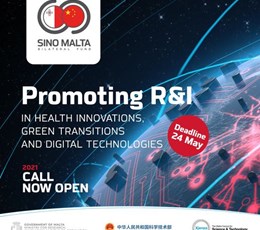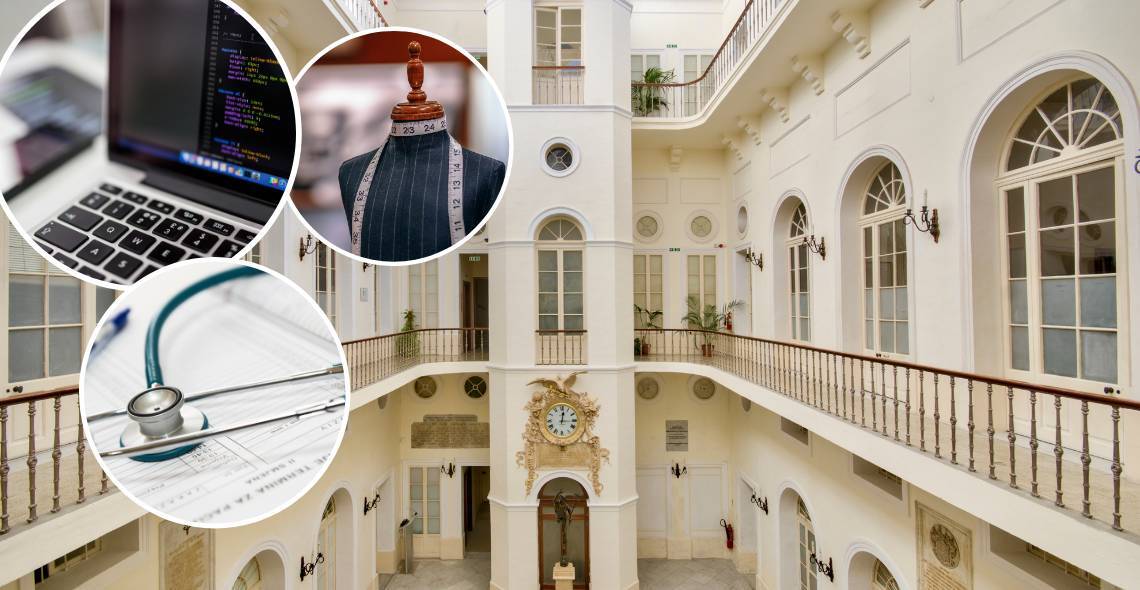Particularly, in Malta, where the size of the domestic market is too small and acts as a limiting factor on competition possibilities, enterprises need to be encouraged to look beyond their shores and expand their operational activities. On the other hand firms themselves that must realise that in today’s world it is not enough to just be an established company. If they intend to keep up with competition and remain relevant, it is highly advisable to consider expanding to new markets and find new distribution channels. After all, Malta is part of the European Single Market, and unless Maltese SMEs make the best out of its potential, they risk to become marginalised with foreign competitors opening operations in Malta, particularly in sectors renowned for profitability.
As part of the process, to internationalise firms may be required to carry out thorough market research, invest in the development of new products, upgrade operational processes, purchase new premises or even acquire other businesses. All this may be perceived as risky, but which business is ever set-up without a risk element?
The EU recognises the importance of cross-border business and internationalisation and to this effect it created what is known as the Enterprise Europe Network (EEN). The main objective of the EEN is to open doors for European SMEs that want to grow by helping them make the best of opportunities in the EU and beyond.
With EEN representations established in all EU regions and in other key global markets, SMEs can have access to information ranging from EU policy to international tenders, as well as facilitated means to connect with businesses from all sectors.
Four local organisations have come forward, offering to to pool their resources and make their expertise available to offer a more consolidated and value added service to the local business community. In this respect, EEN services in Malta are being delivered by a consortium of business organisations that include the Malta Business Bureau, Malta Enterprise, the Malta Chamber of Commerce, Enterprise and Industry, and the Malta Council for Science and Technology.
Through the EEN, the consortium offers a number of services to help local SMEs internationalise. First and foremost, through its counterparts in all other EU regions, EEN Malta is able to source first hand information about market conditions and jurisdictions in other member states. This saves Maltese companies valuable time and resources in doing basic market research and also supersedes the language barriers.
Secondly, through the EEN, numerous brokerage events are organised annually in the EU to bring together businesses operating in different sectors. If a firm is interested to expand or find collaborators in a particular market, the consortium can use its contacts in that particular region to organise specialised visits for the firm to meet with potential business partners individually.
But perhaps the biggest and most exciting challenge for the consortium is taking a proactive approach to encourage local enterprises to expand abroad. On this objective in particular, EEN Malta offers mentoring and specialised consultancy services to companies that have the potential to internationalise, but lack some elements in their structures to make the leap forward.
There are certainly many other generic services that are provided, such as provision of information on EU policy through information seminars, consultation with businesses on specific EU legislation and reporting to the European Commission, as well as alerting enterprises with EU tenders that may be of particular interest to them.
I take this opportunity to invite our visitors to contact EEN Malta should they wish to learn more about the Enterprise Europe Network and see how it can be of service to their business needs.
MBB CEO, Joe Tanti









